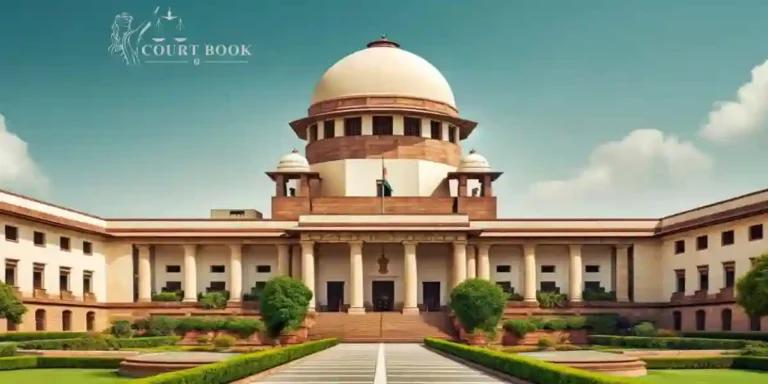The Supreme Court of India, on April 15, 2025, issued a clear warning to State Governments regarding the implementation of medical benefits for retired High Court Judges, their spouses, and dependents. The Court stated that if states fail to comply with its earlier directions, it would take action under the Contempt of Courts Act, 1981.
“We are putting the State to the notice that if we find non-compliance, action under the Contempt of Courts Act, 1981 will be initiated,” the Court firmly stated.
Read Also:- Supreme Court Judges to Publicly Disclose Their Assets
A bench of Justice Abhay S. Oka and Justice Ujjal Bhuyan reiterated that all retired Judges must receive the same medical benefits as sitting Judges. These include:
- Reimbursement for treatment at private hospitals without prior government approval.
- Sanction by the Registrar General of the respective High Court.
- Reimbursement for treatment taken in another State.
- A cashless medical treatment facility.
The Court clarified confusion around which State Government is responsible for medical cost reimbursement—especially in cases where a Judge was appointed in one High Court but retired from another due to transfer.
“When we say the concerned State Government, it will be the State Government where the seat of the High Court is situated in which the retired Judge was firstly appointed or the State Government where the seat of the High Court is situated from which the learned Judge has retired,” the Court clarified.
Read Also:- Supreme Court Judges' Manipur Visit | Justice Gavai Stresses Legal and Humanitarian Support
This clarification was necessary because paragraph 9 of the earlier February 18, 2025 order had caused uncertainty.
Earlier, the Court criticized Madhya Pradesh for limiting cashless treatment to emergencies and directed immediate changes to its July 24, 2019 order. The State claimed it needed six months, but the Court only allowed one.
In addition, the Court noted that in special situations, reimbursement for treatment at non-empanelled private hospitals would also be allowed:
“If there is an emergency or required treatment is unavailable in empanelled hospitals near the Judge’s residence, treatment in nearby private hospitals can be reimbursed. Post-facto approval must be given by the Registrar General of the High Court from which the Judge retired,” it noted, referring to a January 4, 2024 judgment in All India Judges Association v. Union of India.
Read Also:- Supreme Court Eases Conditions for Appointment of Ad Hoc Judges in High Courts
It was also emphasized that States already offering better facilities should not reduce them.
The Court also recalled its earlier order from May 1, 2017, directing reimbursement for domestic help and telephone bills for Judges, even after their death, for their spouses.
Registrar Generals of all High Courts were asked to submit reports on whether retired Judges are receiving their rightful benefits. Any unresolved issues must be forwarded to the respective State Law Secretaries.
Case no. – CONMT.PET.(C) No. 425-426/2015 In W.P.(C) No. 523/2002
Case Title – Justice V.S. Dave President, The Association Of Retd. Judges Of Supreme Court And High Courts v. Kusumjit Sidhu & Ors.
“The goal is to ensure uniform post-retirement benefits for all Judges across India,” the Court emphasized.














